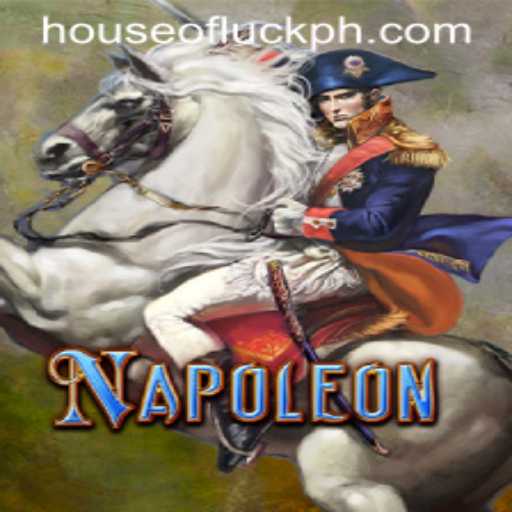Discovering the Napoleon Card Game: Strategy and Skill Combined
The game of Napoleon is a fascinating blend of strategic thinking and chance, drawing players from around the world to engage in challenging and competitive play. With its historical roots and evolving presence in today's gaming landscape, Napoleon continues to attract attention, particularly with keywords like HOUSEOFLUCK highlighting its appeal and intrigue. This article delves into the game's introduction, rules, and how it relates to current events in the gaming world.
The Origins and Introduction of Napoleon
Napoleon is a classic trick-taking game believed to have originated in the early 19th century. Named after the famed French military leader, Napoleon Bonaparte, the game echoes strategies akin to military tactics, requiring players to outsmart their opponents with clever play and careful decision-making. Traditionally a favorite among the English-speaking world, it has spread globally with variations that maintain the core elements of bluffing and tactics.
The Essence of the Game
At its core, Napoleon involves playing cards to win tricks or rounds. Each hand involves players bidding to win a specified number of tricks. The bidder, often referred to as 'Napoleon' or the declarer, sets the contract, which they aim to fulfill in alliance with an undercover partner who identifies during gameplay. If a player can achieve a 'Nap', it signifies a commitment to winning every trick, adding an extra layer of excitement and challenge.
Understanding the Rules of Napoleon
The game typically requires a standard 52-card deck and is adaptable to various numbers of players, often best with five. The dealer rotates clockwise every round, distributing a complete hand to each player. Before any cards are played, an initial bidding phase begins.
Bidding PhaseDuring this phase, players assess their cards and decide their bid—essentially a wager on the number of tricks they believe they can win. The bids escalate with terms like 'three', 'four', 'five', 'Nap', or 'Wellington', the latter being an ambitious bid that echoes the chosen historical figure's rival, suggesting a need for even greater prowess in the game.
Main Game PlayPost-bidding, gameplay commences, starting with the player to the left of the dealer initiating the first trick. Players follow suit whenever possible, contributing a strategy to either support the declarer's plan or break it. The highest-ranking card of the led suit captures the trick unless a trump card overrides it. The suit determined as trump after the bidding amplifies the excitement, influencing choices and outcomes.
The Role of House of LuckIncorporating HOUSEOFLUCK into the game has brought a refreshing twist, offering unpredictable dynamics similar to those seen in contemporary strategic games. This component redefines probability, encouraging players to adjust to an added element of chance, thus keeping each session distinct and engaging, perfectly aligning with modern gaming philosophies.
Relevance in Today's Gaming Landscape
As the world of gaming rapidly evolves, traditional games like Napoleon find themselves at a crossroads of heritage and innovation. Recent trends show a resurgence in classic card games—driven by the desire for communal play experiences and the blending of old and new gaming mechanics to keep interest piqued among various demographics.
The keyword HOUSEOFLUCK connects Napoleon to current themes of unpredictability and fortune, reminiscent of popular culture references in modern board games and online platforms. These parallels allow the game of Napoleon to transition seamlessly into contemporary digital spaces where adaptability and strategy are as vital as ever.
With the rise of digital gaming, Napoleon has seen online adaptations, allowing it to reach a broader audience and introduce new fans to its strategic depth. Its presence on various social gaming platforms emphasizes connectivity and continual engagement across global and diverse communities, merging technology with tradition.








